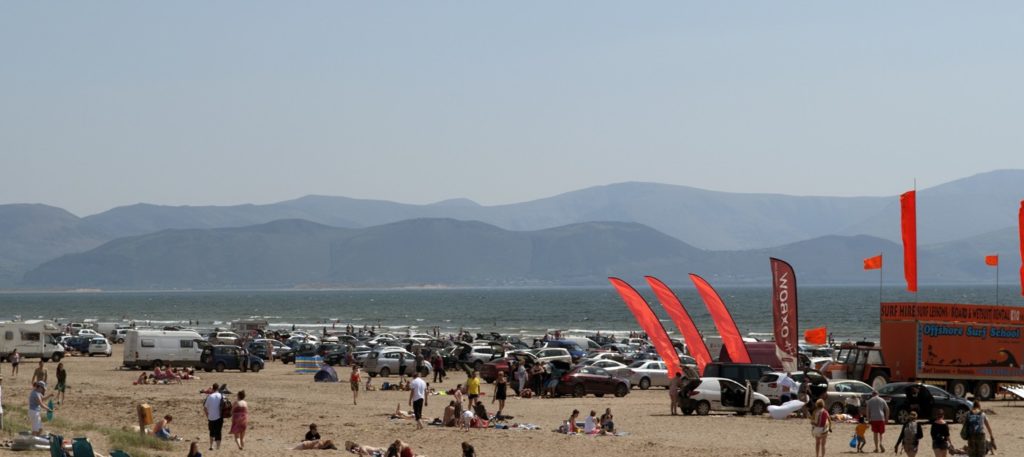OVER ONE HUNDRED people were found to have drowned in Ireland in 2018, according to recent statistics released by Water Safety Ireland (WSI).
The exact figure stands at 103, which down from 109 people in 2017.
The report shows that a further 11 Irish people drowned while overseas last year.
While the number might seem fairly high, according to a spokesperson from WSI, the 2018 statistics are the lowest in 80 years, and advises swimmers of what to do when in peril.
“We still average five drownings every fortnight which makes drowning a significant public health issue. When we look at the causes behind the figures, we see some steps that people can take to minimise risk to themselves and family,” said spokesman Roger Sweeney.
Mr Sweeney also warned parents to be extra vigilant of their children in the water, particularly with summer now in full swing.
 Over 100 people drowned in Ireland last year
Over 100 people drowned in Ireland last yearThirty children aged 14 and under drowned in Ireland in ten years, the equivalent of a classroom of kids. Constant, uninterrupted supervision is key because open water can have hidden hazards such as sudden deep holes and rip currents.
“A riptide doesn’t pull people under, that’s a myth,” added Mr Sweeney.
“It’s water travelling off-shore, so if you’re caught in it, the last thing you should do is fight against it and swim towards shore.
“And what people do is they panic and they start trying to swim to shore and they say, ‘Oh my God, I’m not even getting anywhere. I’m making no progress.’
“And they keep continuing to fight it and they go under as a result. But the rip current doesn’t pull them under, they go under because of exhaustion”
Mr Sweeney went on to advise those caught in riptides to swim parallel to the shore, and never to try and swim directly back to the coast.
“Then they’ll enter this area where the waves are and they’ll start to notice they’ll start to make progress back to shore.
“If you’re exhausted, you should float.”
Water Safety Ireland advised of ways to help protect yourself when in the water:
- Swim at lifeguarded waterways listed on their website.
- Swim within your depth, and stay within your depth.
- Escape a rip current by swimming parallel to the shore instead of swimming against it.
- Never use inflatable toys in open water.
- Wear a lifejacket when boating or fishing from shore.
- Supervise children at all times near water.
Advice for if you see someone in difficulty:
- Shout to the casualty and encourage them to shore.
- Reach out with a long object such as a branch of piece of clothing but do not enter the water yourself.
- Throw a ringbout or any floating object and call 112 for the coast guard.

